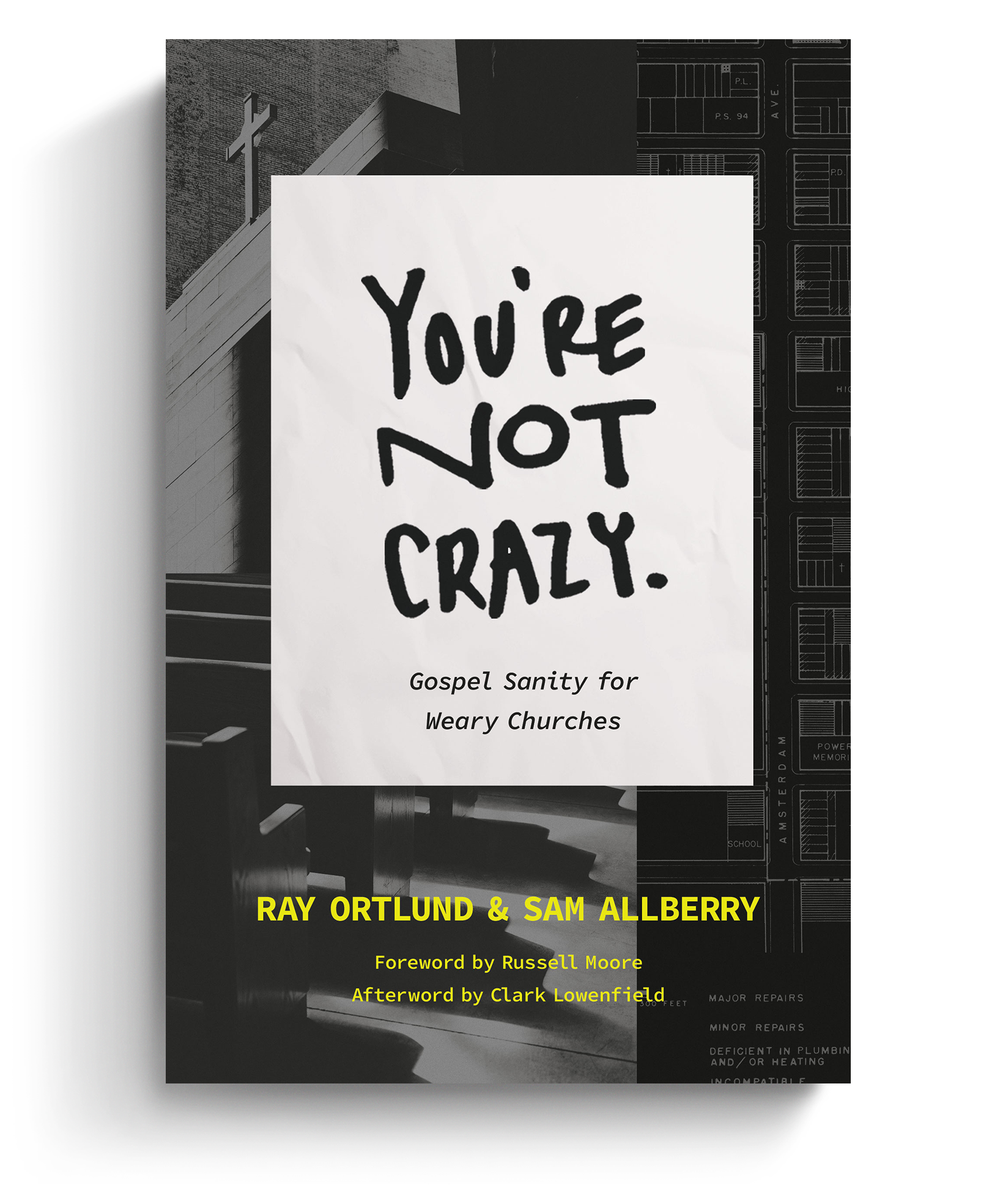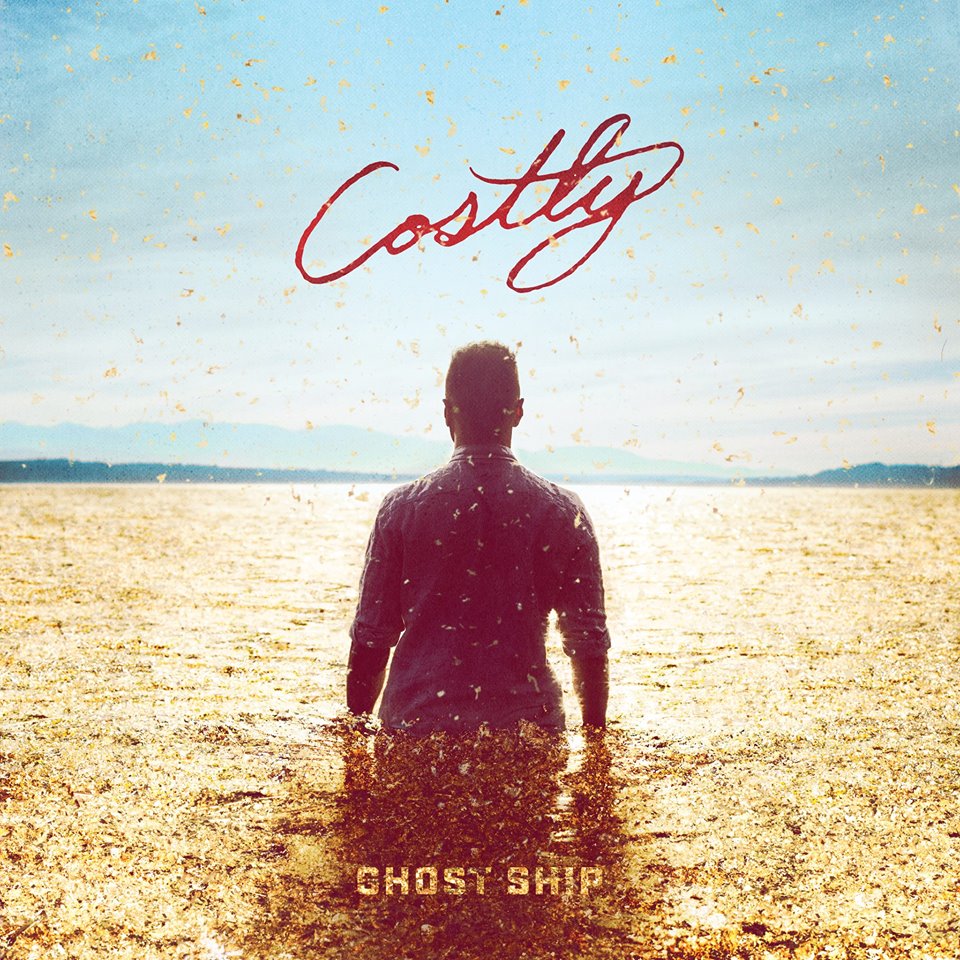What follows is the background story to Ghost Ship’s new song “Hesed,” available to stream. After reading (or listening to) Cam’s story, be sure to check out Ghost Ship’s new album, Costly.
Few things in this world are constant. Even the most steady things in our lives are changing. The sun that rises each day with seeming reliability is slowly dying and will eventually burn out. The moon that seems to faithfully pull our tides is moving an inch and a half further away from us each year. This world is an inhospitable environment for stasis. Things do not stay the same here. The way of this world is change, the relentless wave of growth and deterioration. Even the most stable things in our lives are changing. The people we love are growing older. The wooden beams that hold up our homes are decaying. The ground we walk on in our neighborhoods is eroding. We ourselves are fading because our own DNA is slowly shifting and disintegrating as we age.
But there is something on this earth that defies these brutal patterns. It repels the entropy of this world and stands constant, unbreakable, lasting, steady, stable, firm, and permanent. Hesed—the love of God. Hesed is the Hebrew word in the Old Testament for God’s covenant love for his people. The word conveys a love that can’t be broken because it’s rooted in God’s covenant with us that can’t be broken.
The love of God is constant. It has not changed and will not change. God is the same yesterday, today, and tomorrow, and amazingly, so is his love for us. The reason such steadiness is possible is because this great love is based on God’s character and actions rather than our own. It is indelible because it is firmly established in his grace-based covenant with us. In a violently fluctuating world, hesed remains. It remains immutable, steadfast, constant, true.
This is my story of discovering unyielding hesed in my life.
When I got married, my father officiated the ceremony. I remember him holding up a gold ring and saying, “This is a symbol of eternity. It’s a perfect circle. A circle is infinite, unending. It goes on forever. It symbolizes God’s love for you and the love you are called to have for each other.” He then quotes, “Love never ends” (1 Cor. 13:8). As he hands the ring to my bride, I catch a glimpse of an inscription within, and an abbreviated Scripture reference: Song of Solomon 6:3. I am my beloved’s and my beloved is mine. She takes the ring and puts it on my finger. Then, for the next four years, I hid from her.
Those years weren’t all bad. There were many good things that happened, many good memories. But I was always hiding. The secret I hid was that I was looking at pornography as I’d done since childhood. It was this weird corner of my life I’d compartmentalized so well that I rarely thought about it. Maybe I’d hidden it so long that I was hiding it from myself. Maybe I’d lied about it so long that I was lying to myself. I never got caught. We never talked about it. She was never suspicious. I never even thought to confess it.
Then one Sunday, four years after our wedding, we’re sitting in church, and I start to feel uncomfortable. The preacher tells a Bible story of a husband who sins against his wife. The husband confesses his sin to her, and she responds: I am my beloved’s and my beloved is mine. The preacher notes that her response is a statement of covenant. Same structure as God’s covenantal statements found elsewhere in Scripture. “I will be your God, and you will be my people.” Period. No conditions. No clauses. I hear for the first time about something called hesed.
Covenant love.
As I sit there shifting nervously in the pew, I think, What kind of love is this, bound so tightly in this covenant that it can’t be broken? How can it not be broken if one side of the covenant is not upheld? I start to get more uncomfortable. I blush. I shift. I sweat. There’s no love that can’t break. There’s no love I can’t break. Oh, I could break it, as bad as I am, the lies I’ve told, the things I’ve hidden. I could break it. Is it not just another contract that says “I will love you if you love me”? Love is just like everything else on this earth in that it has conditions. But this love—this hesed—is a covenant that says “I am yours, and you are mine . . . forever.” No conditional clause. Oh, God, I could run a million miles and you would catch me. I moved 3,000 miles to hide from you, and you found me here. I can’t escape your love, or break your love. With all I’ve done you still love me. You love me no matter what . . . forever. “Love never ends.”
After church, we walked to a nearby park, and I confessed everything to my wife. That day, God’s lovingkindness—his longsuffering, unbreakable, blood-bought affection—led me to repentance. And amazingly, she forgave me. To this day, her response is one of the greatest pictures of hesed I’ve ever seen. She responded with covenant love.
A few days later I was washing my hands, and when I picked up my ring from the ledge of the sink to put it back on, I noticed the engraving. I hadn’t looked at it for years. My father’s words echoed in my head. The gold circle seemed to perfectly describe the passage engraved into it.
I am my beloved’s and my beloved is mine (Song of Solomon 6:3).
Are You a Frustrated, Weary Pastor?
 Being a pastor is hard. Whether it’s relational difficulties in the congregation, growing opposition toward the church as an institution, or just the struggle to continue in ministry with joy and faithfulness, the pressure on leaders can be truly overwhelming. It’s no surprise pastors are burned out, tempted to give up, or thinking they’re going crazy.
Being a pastor is hard. Whether it’s relational difficulties in the congregation, growing opposition toward the church as an institution, or just the struggle to continue in ministry with joy and faithfulness, the pressure on leaders can be truly overwhelming. It’s no surprise pastors are burned out, tempted to give up, or thinking they’re going crazy.
In ‘You’re Not Crazy: Gospel Sanity for Weary Churches,’ seasoned pastors Ray Ortlund and Sam Allberry help weary leaders renew their love for ministry by equipping them to build a gospel-centered culture into every aspect of their churches.
We’re delighted to offer this ebook to you for FREE today. Click on this link to get instant access to a resource that will help you cultivate a healthier gospel culture in your church and in yourself.





























